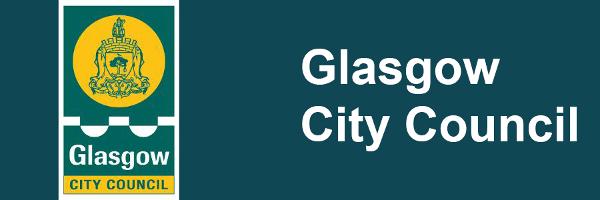Prisons
The responsibility of the provision of Healthcare Services to prisoners transferred from the Scottish Prison Service (SPS) to NHS in November 2011. This transfer of responsibility was to ensure equity of care: prisoners now receive their healthcare from NHS as does the general population. This transfer also upheld European and International standards for the health care of prisoners.
Health care within the prisons is delivered on a Primary Care Model and supports the delivery of a range of services relating to Primary Care, Mental Health Services, Addition Services and Health Improvement. All health care staff within the prison are actively working towards the implementation of Medication Assisted Treatment (MAT) standards across all sites.
In addition to nursing services within the prison, a range of services are provided by the Health Improvement Team who are based there. This small team provide a comprehensive service for people who have a substance use history including one to one and group based harm reduction services that supports people to consider strategies that reduces their risk from drugs, alcohol and Blood-borne viruses (BBV).
Services carried out by the Prison Healthcare staff
| Addiction Nurses |
|
|---|---|
| Alcohol Support Service |
|
| Mental Health Team |
|
| Health Improvement Team |
|
Naloxone
Naloxone is a medicine that temporarily reverses the effects of opioids such as heroin, methadone and codeine. If someone is in an opioid overdose, this medicine can save their life, buying time for the emergency services to arrive.
The prisons also have an award-winning peer naloxone training programme that provides the opportunity for prisoners to volunteer and undertake training on how to administer naloxone.
Peer Champions participate in a number of training sessions delivered by both Health Improvement staff and external trainers, with the programme providing an opportunity for those who live in prison to participate and complete training to then deliver high quality training to other prisoners.
Peer Naloxone Champions attempt to meet with everybody with a planned liberation date leaving prison and offer the opportunity to participate in overdose prevention, intervention and naloxone training.
The launch of this programme has seen the numbers of people leave prison with Naloxone grow significantly.
The programme is supported on a voluntary basis by people living in prison.




